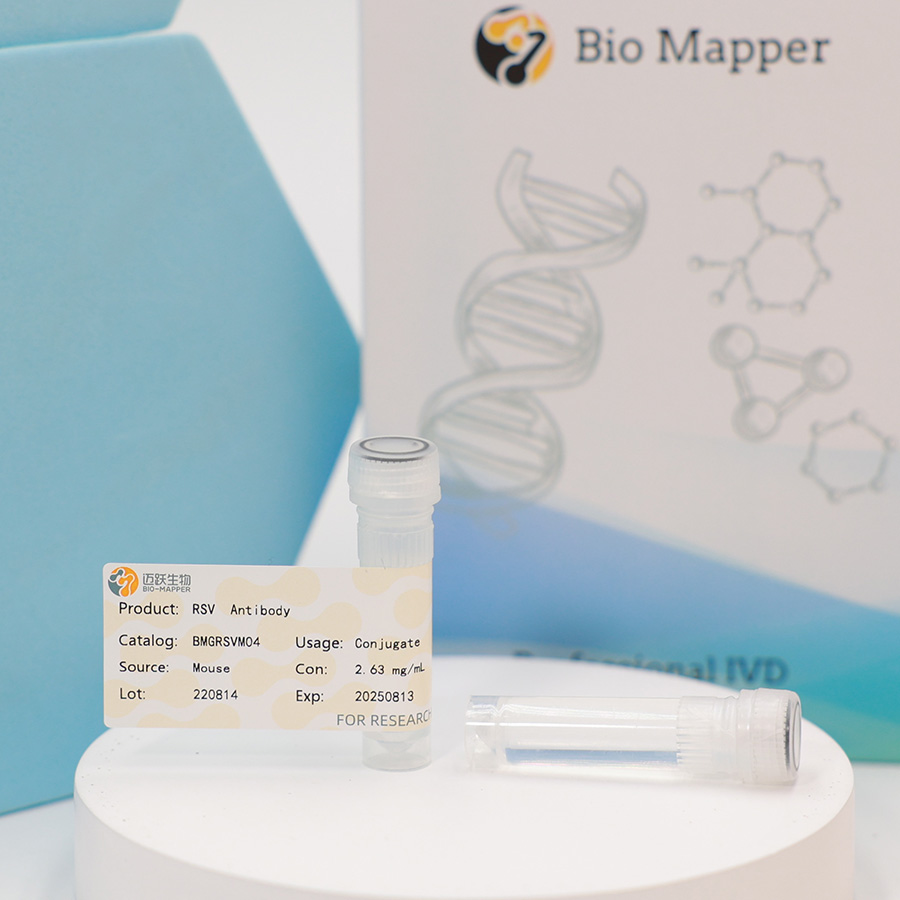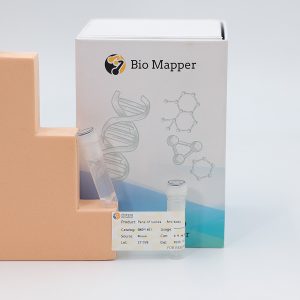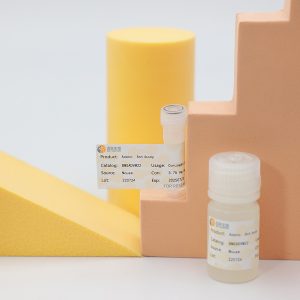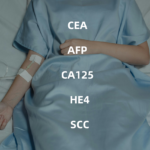
Respiratory Syncytial Virus(RSV)
Respiratory syncytial virus (RSV) belongs to the genus Pneumovirus of the paramyxoviridae family and has only one serotype. It mainly causes lower respiratory tract infections such as bronchiolitis and pneumonia in infants under 6 months, and upper respiratory tract infections such as rhinitis and colds in older children and adults. Direct detection of RSV antigen in pharyngeal epithelial cells by immunofluorescence test and detection of viral nucleic acid by RT-PCR are commonly used to assist diagnosis.
Because diseases caused by RSV are difficult to distinguish clinically from similar diseases caused by other viruses or bacteria, viral isolation and antibody detection are necessary, even if the operation is complex and time-consuming.
In recent years, indirect immunofluorescence techniques, ELISA, alkaline phosphatase anti-alkaline phosphatase bridging enzyme labeling (APAAP), biotin antibiotin ELISA were used to detect IgM antibodies in exudated cells and serum of nasopharyngeal secretions. Horseradish peroxidase – anti-horseradish peroxidase assay (PAP) and monoclonal antibody fluorescence assay can be used for rapid diagnosis of syncytial virus infection.
The total length of the genome is about 15Kb and contains 10 genes encoding 11 proteins, including 8 structural proteins (F, G, M2-1, M2-2, SH, N, P, L) and 3 non-structural proteins (NS1, NS2, NS3). Among them, fusion protein (F) and attachment protein (G) are the two main envelope glycoproteins, and F is a typical type I glycoprotein, which has biological activity after being cleaved to F1 and F2 by cell protease. It can fuse the virus envelope with the host cell membrane to form multinucleated giant cells, and the G protein is a type II glycoprotein, which can bind to the host cell membrane receptor and mediate the virus to enter the host cell. Compared to G proteins, F proteins have few variations and are relatively stable, making them important targets for drug development.
Respiratory syncytial virus infection spreads easily among infants and children, usually in winter and early spring. Almost all children are infected by the age of 4. Respiratory syncytial virus causes runny nose, fever, cough and wheezing. Most children have no problems, but severe infections can cause difficulty breathing and low oxygen levels. Some people may be infected with RSV multiple times, but symptoms are usually mild after the first infection.
Respiratory Syncytial Virus(RSV)
RSV is a common respiratory virus that mainly causes respiratory infections in infants and young children.
You may also like
Related products
-
Respiratory Tract
Rhinovirus
-
Respiratory Tract
Para Influenza Virus
-
Respiratory Tract
Adenovirus
-
Veterinary & Animal Health
Canine Influenza

Why Choose Bio-Mapper
Provide customized services, and can customize products according to the special needs of customers
We bring you outstanding value with quality, innovation and price.

- Customized Style(Cassettes/Midstream/Strip )
- Customized cassettes
- Customized foil pouch
- Customized packaging
- Customized logo
- Test kit design and production
1
Different project, different platform
Rapid Diagnosis Platform/Allergen Testing Series/Conventional ELISA / CMIA Platform/Animal Testing Series
2
All developed by ourselves
Recombinant Antigen Mono/polyclonal Antibody Conjugated Antigen/Antibody
3
Mature And Perfect Expression System
Prokaryotic Expression System/Eukaryotic Expression System/Mouse Monoclonal Antibody System/Goat/rabbit Polyclonal Antibody System/Natural Protein Extraction and Purification System
4
kinds of machines for producing
Modern precision instruments/AKTA Protein Purifier/High performance liquid chromatography/Gas Chromatograph...








